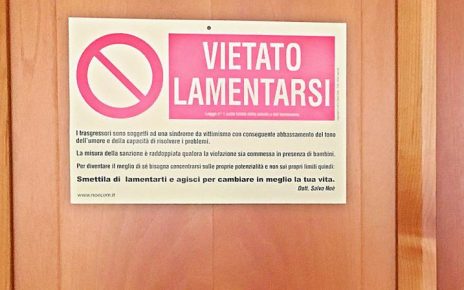I often receive queries from practitioners, academicians and students on my blog, website(Ask Aniisu) and in person. The questions range from – how to manage communications internally to skills needed to succeed at the workplace; from building a personal brand to tips to be more socially conscious.
Recently, I received this interesting question which may be relevant to many of my readers.
“I am a young academician in the area of corporate communication and have been teaching and researching this field for the past few years. As a teacher in the field of public relations, I try to stay updated with the trends in this industry to cater the best to my students by interacting with industry professionals, participating in live projects with industry, attending corporate conferences/meets etc. Do you think it is important for me to have a good industry experience to teach corporate communication?”
I can relate to this question due to my experiences as an academician and a communications professional.
As a practitioner of corporate communications, I have also been involved in designing, curating and teaching industry relevant courses at B-schools around the country. Also, I have partnered with academics to co-author papers and workshops that bridge the gap between industry and academia. For example, at St. Joseph’s College of Business Administration in Bangalore and St. Aloysius College, Mangalore (both in India) I worked closely with academicians to build and deliver lessons on corporate communications. Topics included internal communications, public relations, crisis communications, change communication and leadership communication.
Before I respond to the question, I must add that, according to some studies, academic scholars aren’t quite getting enough time to do solid research work! Adding corporate experience might deplete what remains of valuable time to research, teach and publish.
Having a strong connection with the research fraternity helped me understand the theoretical perspectives that govern everyday work and life. It also bring a certain rigor to how communication is done through insight-led practices. Knowing ‘how’ the culture works and what motivates people can help immensely in drawing up concrete solutions. Therefore, there is a case for academics doing short or long-term assignments in the corporate world.
There is often a gap between the research fraternity does and what is practiced in the real world. I contributed my ideas to bridge the gap – in the ‘Letters to BledCom – Towards a community of practice in public relations’, curated by Stephen Waddington. The three ideas I proposed were mentoring, ‘twinning’ and collaborating on ‘Big Picture’ initiatives.
Due to the lack of awareness and paucity of time and other factors, often research insights that can reduce re-work, improve engagement, drive productivity, enhance communication and boost morale are often neglected leading to less than optimal results. Practitioners feel research is very high level and doesn’t get the reality on the ground. Also it is time consuming and expensive.
For example, it is fairly evident that managers who are equipped to communicate effectively can retain staff more easily. Or, that recognizing real-time works far better than quarterly or annual awards. Despite this, there is limited interest to use these insights to prepare managers for engaging more with their teams or for organizations to change how they operate. Therefore, I think it is definitely important to have strong industry experience and for corporate professionals to spend time on research-led initiatives. Having a strong grounding in the corporate world through work shadowing, observations, doing hands-on projects etc can help academicians be more confident while addressing questions from students.
One of the ways management institutes try to overcome the gap is by inviting industry practitioners to speak with students. However, case based studies or speaking tours can rarely compensate for hands-on experience by academicians. Even 3-4 months assignments will add immense value and open your eyes to possible issues which research can try and resolve. Having more examples of research-led interventions can help.
The benefits of doing a corporate assignment is that you will get many ideas for research as well as ways to align the curriculum to what will help students shine in the workplace. Encouraging industry-academia partnerships can lead to improved outcomes and overcome communication gaps. It is encouraging to note that such partnerships are on the rise although there is more to be done.
Do you have other suggestions or questions? Do feel free to share it here or on my Linkedin page or the Ask Aniisu section on my website.



